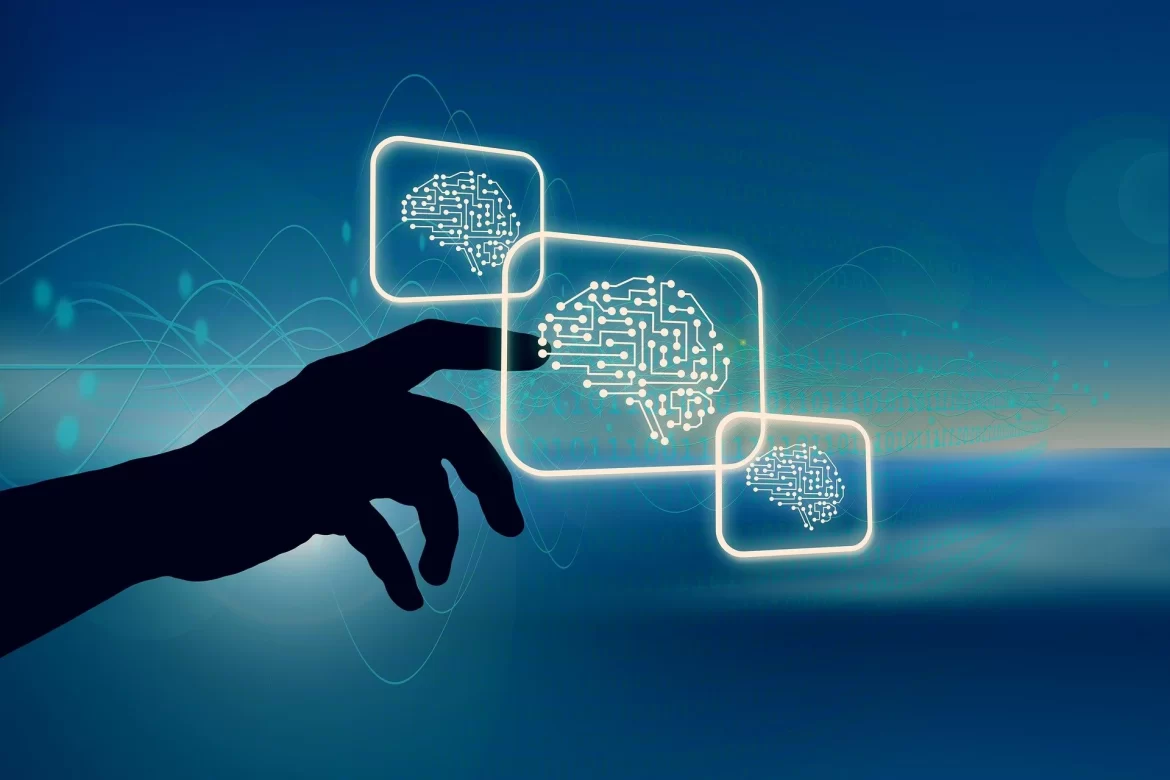There are mixed feelings when it comes to AI and health care. While many people think AI will save the world, the public has its doubts. AI in the health care field is still a long way from achieving its potential. The public is still divided over the ethics of AI, which has led to a number of negative results. Here are some of the things that the public hopes and fears.
AI can empower patients. Researchers have found that patients who could access their doctors’ notes felt more in control of their care, and 60% of those patients were better at following medication regimens. As a result, many patients would like greater support in understanding their own health and navigating crucial medical decisions. AI can fill a huge gap in health care. A study conducted in the United States found that 70% of patients had access to their medical records, including lab results, x-rays, and MRIs.
While AI has many advantages, it’s important to consider the ethical implications. Unsafe or faulty AI can have harmful consequences for patients and health care practitioners. Countries with weaker data protection laws are likely to become deployment and training grounds for AI-driven technologies. But there’s no doubt that AI can lead to major breaches of human rights and human dignity, which is why it is important to consider ethical considerations in health care.
The degree of international variation in AI regulation is largely based on national differences. While the United States argues that regulation is counterproductive and hinders innovation, the United Kingdom believes that regulation enables innovation. In contrast, the United Kingdom focuses on proportionate regulation and clarity, while the United States argues that it encourages innovation and entrepreneurship by encouraging the creation of new technologies. Governments’ social values, however, may influence their regulatory frameworks and how AI should be governed.
A major barrier to AI adoption is the lack of international standards for AI governance. These regulations are intended to ensure safety and efficacy. Lack of standardized AI training data and hardware may also lead to inaccuracies. While AI might be the solution to many health problems, it must be backed by human expertise. This will take time to implement. In the meantime, healthcare systems must be able to address the concerns of patients and the general public before AI can be used widely in health care.
One of the greatest challenges of AI-driven health technology is a lack of public understanding. Many people are not sure exactly what AI is and whether it is even relevant to health care. The public may have misconceptions about AI, such as its use in decision-support systems and autonomy. Furthermore, there are also confusing data requirements for AI. The public’s fears about AI in health care may result from over-hyped media portrayals.
International cooperation in the governance of AI is essential for AI adoption in health care. However, achieving this goal will require more research and development. For example, it will take time for nations to agree on the appropriate standards for AI in health care. Further, it will be crucial to establish an international body that oversees AI development. The international body should provide guidance and policies for implementation. And it must be willing to collaborate with countries to ensure the best possible quality of care.




